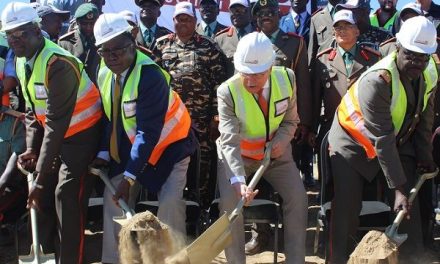
Labour movement at age 24

Independent labour advisor, Herbert Jauch.
Said Jauch, “Unions have changed. Around Independence most unions were fighting organsiations that contributed to the liberation struggle. They were able to mobilise huge numbers of workers who were rooted in their membership. Unions were generally very popular at the time and enjoyed huge support despite having very serious financial constraints and a legal environment that disadvantaged workers and unions before Independence.”
“Although the legal environment has improved in the last 24 years and unions are now part of tripartite structures, some unions have not managed to grow and some even lost members because they are no longer seen as being relevant. That’s why we have the mixed picture. Those unions that managed to renew themselves and to define their strategic approach have gained members and will remain relevant in the years to come as workers’ organisations. After all, unions are the only organisations that workers currently have to fight for their interests,” added Jauch.
Asked whether Namibian trade unions are adopting to 21st century demands, Jauch said, “The picture is very mixed. If one looks at our trade unions as a whole, some are dominated by individual union leaders and hierarchical ways of operating while others are focusing only on the immediate bread and butter issues. But some have managed to renew themselves by rededicating themselves to workers’ control, to inner-union democracy and by focusing more on workers whom they did not reach in the past such as women and young workers. In my view, unions also need to take up issues affecting workers outside the workplace such as housing and the question of inequality in society.” “Unions must define their roles very clearly under the current circumstances which you described as a “matured state”. They need to be certain which interests they represent (workers) and which are the best strategies to utilize to achieve their aims. Such strategic vision and clarity is sometimes missing which can result in unions only reacting to events instead of strategically driving their own agenda,” Jauch concluded.









































